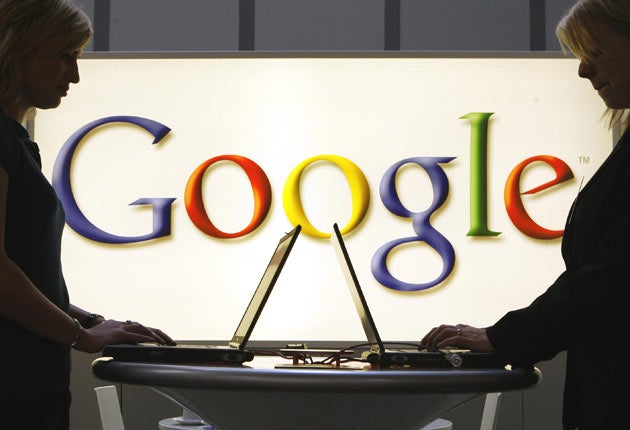Google Labs closes as firm focuses on making money from its greatest hits

It all started with a search engine, albeit a near-ubiquitous one, but Google soon became known for dipping its fingers in a great many pies, pervading almost every aspect of modern life with its vast range of apps and services.
Click HERE to view graphic (135k jpg)
For each celebrated innovation such as Street View and Gmail, there have been high-profile failures, like its social networking endeavours Buzz and Wave, and projects that sank without trace, such as the shortlived Google Print Ads. There are also the works in progress, like Google+, its new social network, which could yet go either way.
It is this mixed bag that is behind Google's latest change of direction. The company announced on Wednesday that it was shutting down Google Labs, a service used to offer and refine product ideas. On the Lab site, users get an early look at some of Google's newest and most experimental ideas and are encouraged to play with and add to them, in an effort to fine-tune products before a full launch.
Instead, Google will now concentrate resources on "core products", including its search tools, smartphone technology and web browsing. This plan is said by insiders to be at the heart of the vision that Larry Page, the co-founder and newly appointed CEO, has for the company.
It can't be said that the old approach was hurting the firm's finances. Results released this week show that it posted record revenues for the second quarter, making more than £5.5bn, up 32 per cent from last year. But Mr Page said he wanted the company to be "very careful stewards of shareholder money", while having "a few small speculative projects happening at any given time".
He added that Google is "focused on long-term, absolute profit and growth, as we have always been... we spend the vast majority of our resources on the core products."
An insider said the company would rather put larger teams of developers on fewer ideas, rather than follow a more scatter-shot approach.
This tactic is best illustrated by the launch of Google+, which had a relatively large team working on it behind the scenes and was initially opened up to a very small group of people whom the company hoped would give informed feedback.
Other organisations still see the value of throwing ideas to their users and asking for their input but, their bosses say, their goals are very different from Google's. Dave Jafari, who runs Sparkmuse, a forum for developers and entrepreneurs to meet and discuss technical ideas, said the closing of Google Labs "didn't come as much of a surprise". He said consumers associate Google more with high-quality finished products than half-baked ideas.
"Labs simply doesn't fit well strategically within that wedge. We all know that this doesn't mean the end of Google's keen interest in experimentation and user feedback; it will simply take a new form," he said.
A Google spokesman vowed yesterday that the company would "keep experimenting and innovating". But, he added, "we want to do it at a larger scale – so instead of dispersing our efforts across lots of isolated individual products, we're re-focusing our efforts on projects with global impact, and making even bigger bets there."
Or, in the words of Larry Page: "It's easy to focus on things that we do that are speculative, for example driverless cars... [but] we are not betting the farm on this stuff."
Join our commenting forum
Join thought-provoking conversations, follow other Independent readers and see their replies
Comments
Bookmark popover
Removed from bookmarks